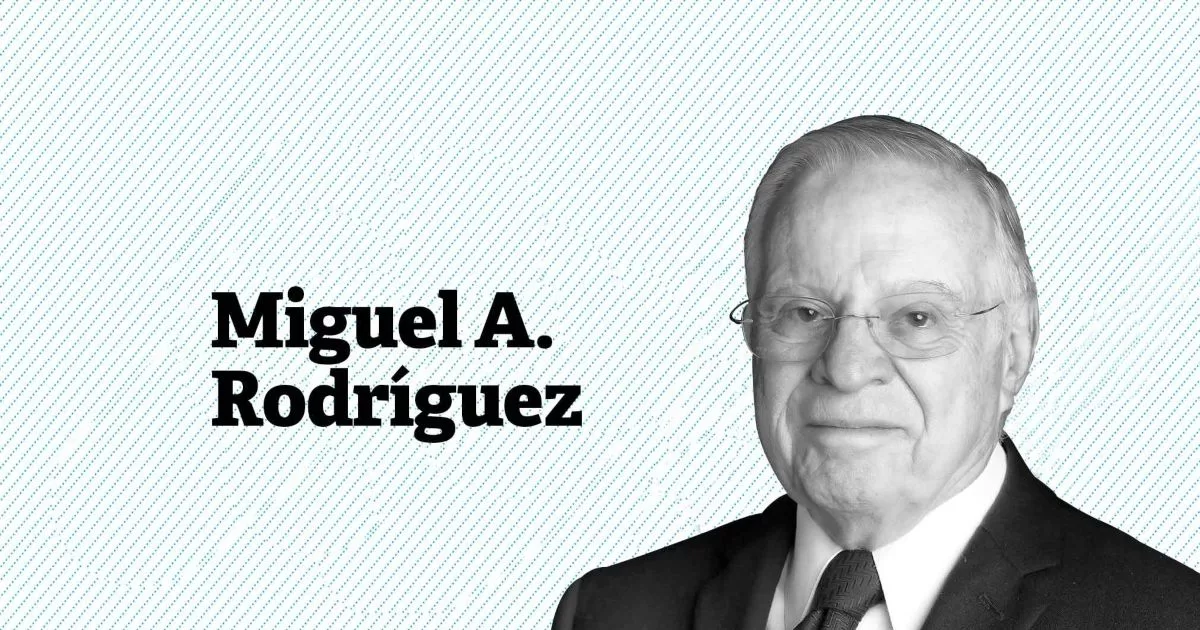Establishing a Constituent Assembly is a great undertaking that requires deep reflection.
It means interrupting the normal course of public affairs and is a call to rethink the values that guide society, and the structures that organize the state. Those are big words.
Social engineering problems
If we look at history, progress has not been achieved – with few exceptions – by abandoning the prevailing institutional framework to change it for a new one of recent design, but rather by marginal adjustments, introduced step by step. Through evolution, often spontaneous, generated by the freedom to invent new ways of acting, which if successful become widespread through imitation.
The most valuable human institutions, confirmed by their success in satisfying our needs during very long periods of history, have not even been the fruit of human design, but of that spontaneous social evolution that created language, the system of prices and currency, of the forms of voluntary organization between people that give rise to most of the contractual forms that exist today.
Of course, the above does not mean that we should act crazy, nor that we should not seek to improve institutions. But it does indicate, in my view, that we must be careful in the face of the temptation of global redesigns of institutions.
What is a constitution?
A modern political constitution contains two types of norms.
Some determine the fundamental values that must guide a society. The strong ideas about freedom, justice, solidarity, ecology; on the conception of personal and social rights and the guarantees for their fulfillment and defense.
Others refer to the way of organizing the functioning of the state.
What do you want to change?
Is the objective of modifying the Colombian constitution to make changes in values, rights and guarantees?
If it were, the care in venturing into such a company must be extreme. Our values are the result of ancient human action, discovering the convictions most deeply rooted in human consciousness, the most general standards of conduct that best allow peaceful coexistence, that guarantee the freedom and dignity of people, and that favor shared progress. To promote these values we have gradually built a system of rights and institutional guarantees, through trial and error, and thanks to the reflections, struggles and dedication of many generations.
If it is about changing the way the state is organized, the proposal to do so must be very specific so that citizens can carefully evaluate it.
In any case, Chile’s recent experiences in its failed attempts to reform its constitution point out the serious dangers of trying to make, in a functioning democracy, constitutional reforms to introduce very specific norms for very limited issues, and with a very narrow dogmatic vision. . Neither a very leftist vision could impose a dogmatically related constitution, nor did the right manage to do so in favor of its ideology.
The constitution must have more generally accepted norms, which allow democratic play between diverse political visions.
What does the call for a Constituent Assembly in Colombia want to achieve?
What ePetro points out as the reason for calling a Constituent Assembly is that the Legislative Branch has not approved some reforms that it has proposed.
A Constituent Assembly should not be convened to resolve a circumstantial situation of ordinary legislation.
But, furthermore, would a Constituent Assembly be able to resolve this current circumstantial situation in Colombia?
It seems impossible.
The 1991 Constitution in force in Colombia establishes the following as a mechanism for calling a Constituent Assembly:
“ARTICLE 376. By law approved by a majority of the members of both Chambers, Congress may provide that the people in a popular vote decide whether to convene a Constituent Assembly with the competence, period and composition determined by the same law.
“It will be understood that the people convene the Assembly, if it is approved by at least one third of the members of the electoral roll. The Assembly must be elected by the direct vote of the citizens, in an electoral act that cannot coincide with another. As of the election, the ordinary power of Congress to reform the Constitution will be suspended during the period designated for the Assembly to fulfill its functions. The Assembly will adopt its own regulations.”
If the Legislative Chambers have not approved specific reforms proposed by President Petro, which fully falls within their constitutional powers, it seems impossible that they will approve a mechanism for eventual acquiescence with indefinite reforms.
President Petro, after his demonstrations in favor of calling a Constituent Assembly, stated: “The constituent process called is neither to change the constitution of ’91, nor to perpetuate myself in power.”
This statement can reassure us that there is no question of changing the re-election rules so as not to hand over power, as populist rulers have done on our continent.
But it doesn’t justify the call either.
The eight points that President Petro subsequently indicated that he would include in the call, are either not issues that are resolved by a constitutional norm but rather by the way the government exercises public powers, or they are very specific aspects of the state or the organization. territorial that could better be defined through partial reforms by the Legislative Chambers.


